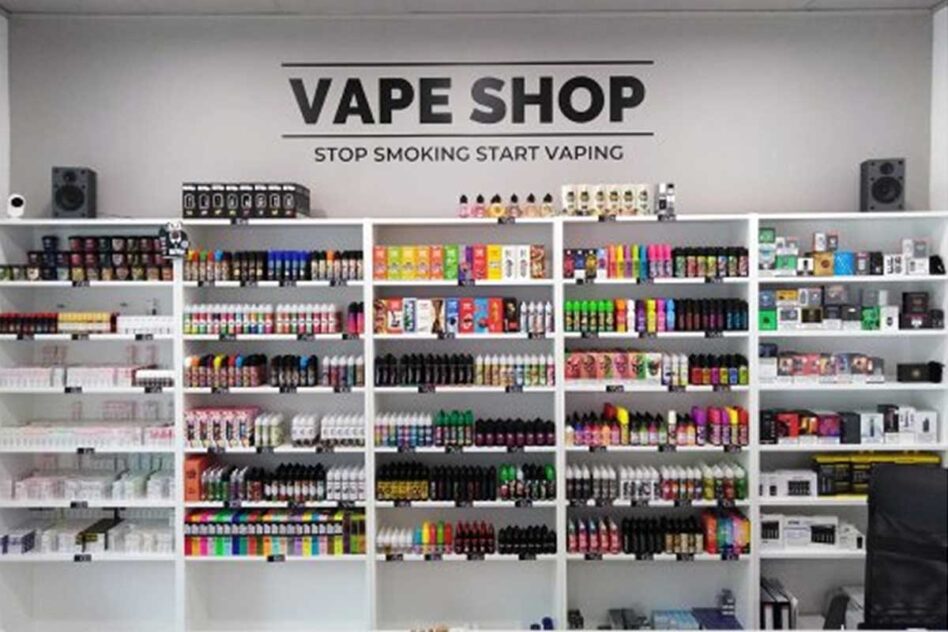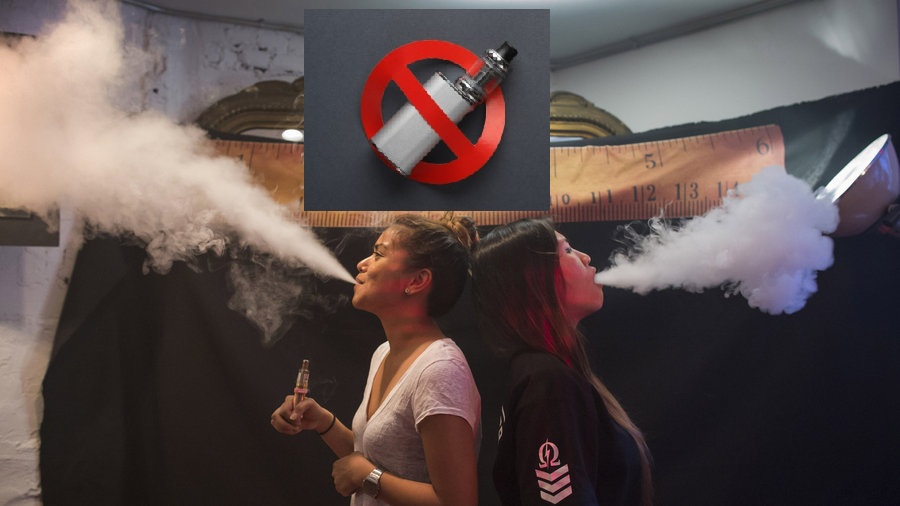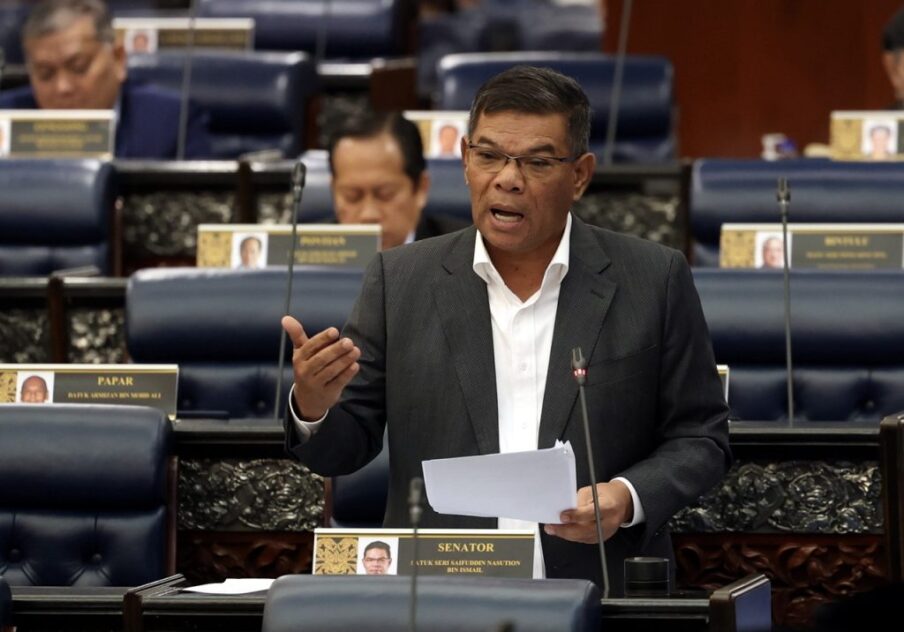VAPE industry players have expressed concern over the Terengganu state government’s proposal to ban the sale of vape products. They view the move as ineffective and potentially damaging to the local economy and employment sector.
As it is, the vape industry emphasised that vape products are now governed under the Control of Smoking Products for Public Health Act 2024 (Act 852), the same legislation that regulates cigarettes.
Therefore, a total ban on vape sales contradicts Act 852’s intent which is to introduce comprehensive and effective regulations as opposed to outright prohibition, according to Pertubuhan Peniaga Vape Melayu Terengganu (PPVMT) president Muhd Kamaruzaman Mahmud.
PPVMT is the state chapter of Pertubuhan Peniaga Vape Melayu (PPVM) which represents and advocates the interests of Malay vape traders at the state level in Terengganu.
“A ban on vape sales is not the best measure to prevent usage among minors and women,” lamented Kamaruzaman.
“Instead, the strict implementation of regulations as outlined by the Federal government is a more practical and responsible.”

On this note, Kamaruzaman expressed the industry’s preparedness to comply with existing regulations, including age restrictions on purchases; sales only through licensed premises; adhering to the Health Minisrry’s (MOH) standards; registered and properly labelled products with health warnings; and bans on advertisements and promotions targeting youths.
There are currently more than 169 vape shops across Terengganu which employ over 400 local workers. A complete ban would result in many losing their sources of income while undermining a legitimate, law-abiding business ecosystem.
To counter this, the vape industry proposes the formation of a special joint committee between the state government and industry players to reassess the best approach to managing this issue. The industry believes that solutions should be developed collaboratively, not through unilateral or politicised actions.

“It must be noted that vape regulatory laws were passed in Parliament following extensive discussions and consensus among various stakeholders. Thus, any state government action should be aligned with national policies to avoid overlap or confusion,” justified Kamaruzaman.
In a separate development, Kamaruzaman denied claims suggesting that 65% of vape products contain drugs.
“That statistic refers to the number of seizures made during police operations targeting drug syndicates as opposed to that from licensed premises selling registered vape products. Therefore, it should not be used as the basis for policymaking or imposing a blanket ban,” he clarified. – April 24, 2025
Main image credit: Hype Malaysia









